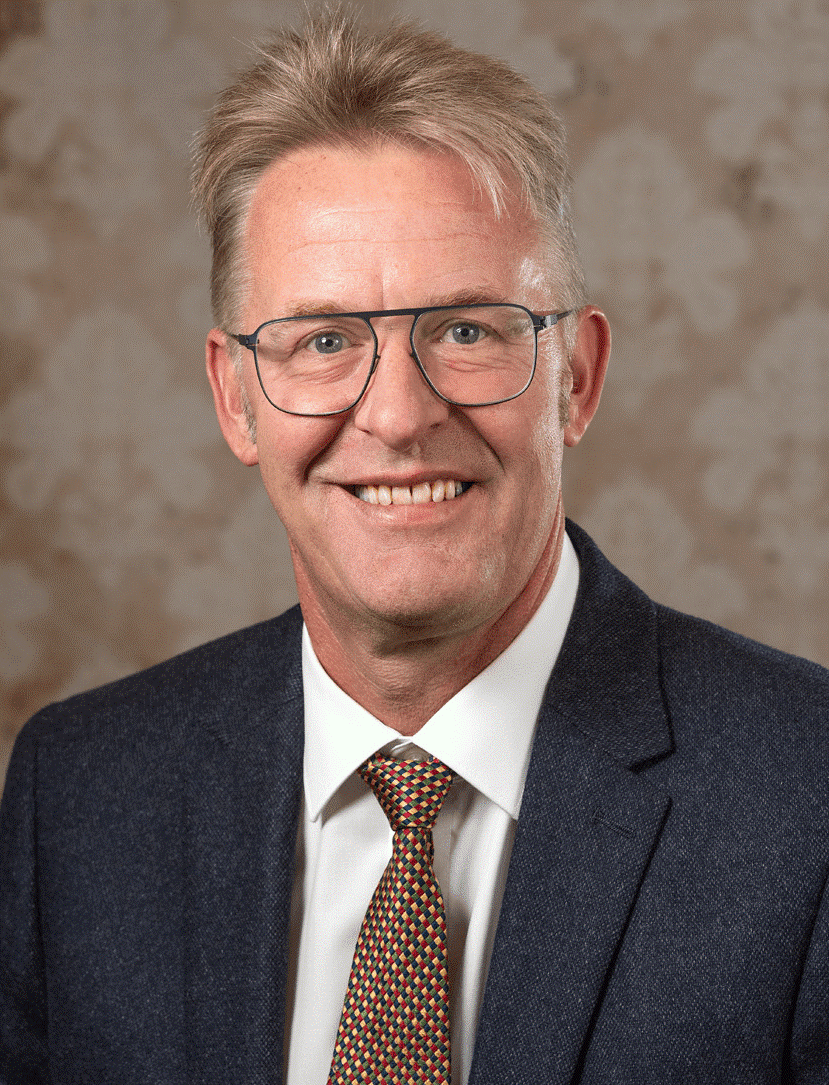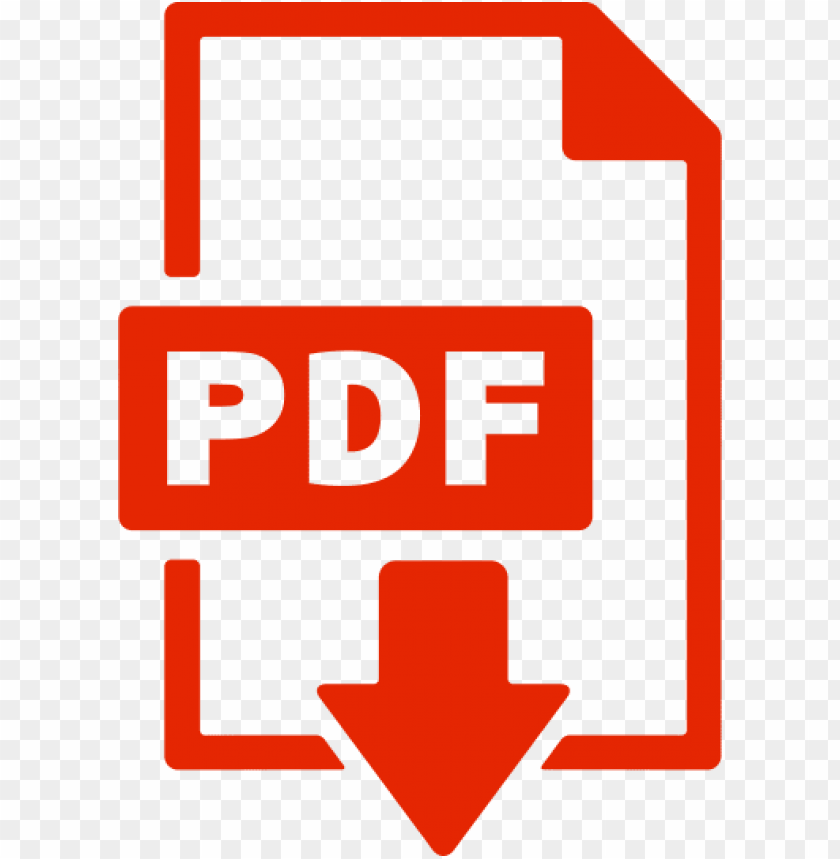June 2022
Meeting Announcement
- REFAG 2022 Abstract submission deadline extended
Meetings Calendar
IAG Sponsored Meetings
- IGS Workshop "IGS 2022: Science from Earth to Space"
- 2nd International Symposium of Commission 4: Positioning and Applications
- Gravity, Geoid and Height Systems 2022 (GGHS2022)
- REFAG 2022
- Unified Analysis Workshop on Laser Ranging
- 22nd International Workshop on Laser Ranging
- 20th Assembly of WEGENER
- SIRGAS Symposium 2022
- GGOS Days 2022
IAG Related Meetings
- COSPAR 2022
Meeting Announcement
REFAG 2022 - Abstract submission deadline extended
IAG International Symposium on Reference Frames for Applications in Geosciences (REFAG 2022)
Thessaloniki, Greece, October 17-20, 2022
Scientific Committee
C. Kotsakis, J-P. Boy, U. Hugentobler, X. Collilieux, C. Bruyninx, Z. Malkin, Z. Altamimi, P. Rebischung, D. Angermann, G. Wang, M. Lidberg, J.A. Tarrio, M. Craymer, D. Roman, B. Miyahara, M. Howarth
Local Organizing Committee
C. Kotsakis, M. Chatzinikos, Α. Bai, S. Psycha, G. Maltis, A. Pliatsika, D. Velissaridou, K. Griva
Dear Colleagues,
On behalf of the local organizing committee, I am honored to invite you to the IAG International Symposium on Reference Frames for Applications in Geosciences (REFAG 2022) which is organized by the Aristotle University of Thessaloniki under the scientific coordination of Commission 1 of the International Association of Geodesy. The symposium will be held in Thessaloniki, Greece on October 17-20, 2022.
REFAG 2022 carries on the tradition of previous IAG dedicated symposia on Reference Frames, aiming to bring together leading experts from academia, public authorities and private sector with young scientists and students, to discuss current achievements and future prospects of geodetic reference frames and their scientific and societal impact.
All details about the symposium, its scientific programe and venue are available at the symposium website: www.refag2022.org.
Scientific Programme
The primary scope of REFAG 2022 is to address today’s theoretical concepts of reference systems and their practical implementation by space geodetic techniques and their combinations, underlying limiting factors and novel approaches for future improvements, as well as their impact to Earth sciences and their applications. In particular, contributions from the following areas are strongly encouraged:
- Global reference frames by individual space geodetic techniques and their combination,
- Space geodetic measurements and mitigation of their systematic errors,
- Geocenter motion and non-tidal loading effects,
- Earth dynamics and novel reference frame representations,
- Station kinematic models and position time series analysis,
- Terrestrial and space geodetic ties for multi-technique combination,
- Regional reference frames and related applications,
- Maintenance of regional reference frames in active tectonic regions,
- Celestial reference frames from single and multi-technique combination solutions,
- Comparison and combination of Earth Orientation Parameters by different techniques,
- Usage and challenges of geodetic reference frames for Earth science applications.
The scientific program of the symposium will cover all topics related to the activities of IAG Commission 1 and its subgroups, including also other initiatives and projects which endorse the role of geodetic reference frames towards scientific exploration, sustainable development, climate monitoring and satellite navigation.
GGOS – UAW 2022
The Unified Analysis Workshop (UAW) 2022 will be held successively with the REFAG 2022 Symposium in October 21-23, 2022. The UAW 2022 is co-organized by the IAG’s Global Geodetic Observing System (GGOS) and the International Earth Rotation and Reference Systems Service (IERS) for the purpose of discussing issues that are common to all space-geodetic measurement techniques. For more details, see the workshop’s website: https://ggos.org/event/unified-analysis-workshop-uaw-2022/.
Venue
The symposium will be held at the Electra Palace Hotel, which is located at the heart of downtown Thessaloniki (https://www.electrahotels.gr/hotels/electra-palace-thessaloniki/).
October is usually a period of high tourist acitivity for Thessaloniki, therefore an early registration and accomodation booking is highly recommended. More details about accomodation options and special prices for REFAG 2022 registrants are given at the symposium website.
Abstracts, presentations and papers
Deadline for abstract submission is extended to July 20, 2022; both the guidelines and the submission portal are available on the REFAG 2022 website. A non-refundable processing fee of 40 Euro is required for each abstract submission.
Each abstract will be reviewed by the Scientific Committee and its eventual acceptance will be notified by e-mail to the corresponding author by July 30, 2022.
Upon abstract submission, the corresponding author will have to indicate the preference for oral or poster presentation. However, the final decision on the form of presentation will be taken by the Scientific Committee during the abstract review.
Guidelines for the full paper submission for peer-review and related formatting instruction will be available through the REFAG 2022 website. Accepted papers will be published by Springer as a volume of the official IAG Symposia series, see the link https://www.springer.com/series/1345.
Registration fee
The following types of registration fees are available:
- regular registration 360 Euro
- young researcher (age < 32 at Symposium) 220 Euro
An additional 70 Euro fee will be charged to regular and young researcher registration in case of late registration (after July 30, 2022). The registration fee can be paid by bank transfer or by a credit card according to the information published on the REFAG 2022 website, and it includes:
- symposium proceedings
- ice breaker reception
- coffee breaks and light snacks
The REFAG 2022 is an official IAG meeting. Young scientists from IAG member countries may apply for the IAG Travel Award to assist them in presenting results of their research. For more details, please see https://www.iag-aig.org/awards/210.
Social programme
The scientific programme will be complemented with a social one, including an optional social dinner in one of Thessaloniki’s fine restaurants.
COVID19
The symposium is planned as a standard meeting with on-site attendance. In case of Covid-related travel restrictions, it will be possible to switch to a hybrid form (in this case, the registration fees for those attending online will be 50% of the standard ones). However, the physical form of the symposium will be strongly preferred.
We look forward to welcoming you in Thessaloniki!
C. Kotsakis (on behalf of SOC and LOC) June 2022
Meetings Calendar
IAG Sponsored Meetings
- IGS Workshop "IGS 2022: Science from Earth to Space", June 27-July 1, 2022, Boulder CO, USA
- URL: https://www.igscb.org/event/
- 2nd International Symposium of Commission 4: Positioning and Applications, September 5-9, 2022, Potsdam, Germany,
URL: https://iag-commission4-symposium2022.net/ - Gravity, Geoid, and Height Systems 2022 (GGHS2022), September 12-16, 2022, Austin TX, USA
URL: https://www.csr.utexas.edu/gghs2022/index.html - REFAG 2022, October 17-21, 2022, Thessaloniki, Greece
URL: https://www.refag2022.org/ - Unified Analysis Workshop (UAW) October 22-25, 2022, Thessaloniki, Greece
URL: https://ggos.org/event/unified-analysis-workshop-uaw-2022/ - 22nd International Workshop on Laser Ranging, October 31 – November 4, 2022, Kunming, China
URL: http://22ndilrs2020.csp.escience.cn - 20th Assembly of WEGENER, october 25-29, 2022, Marrakech, Morocco, URL: https://wegener2021.sciencesconf.org
- SIRGAS 2022, November 7-9, 2022, Santiago de Chile, Chile
URL: https://sirgas.ipgh.org/simposio/en/home-2/ - GGOS Days 2022, November 14-16, 2022, Munich Germany
URL: https://ggos.org/event/ggos-days-2022/
IAG Related Meetings
- COSPAR 2022, July 16-24, 2022, Athens, Greece
- URL: https://www.cospar-assembly.org
Further details are available in the IAG Event Calendar at: http://www.iag-aig.org/events.
Obituary
Will Featherstone (1967-2022)

Professor Will E Featherstone passed away on 13 May 2022 in Perth at the age of 54 after a short illness.
Born in north-west England in 1967, Will grew up and attended school in Prestatyn, north Wales, before studying for a BSc in Geophysics and Planetary Physics at the University of Newcastle upon Tyne from 1985-1988. He then studied at the University of Oxford from 1988-1992, from which he obtained a DPhil for his thesis entitled “A GPS controlled gravimetric determination of the geoid of the British Isles”, under the supervision of Dr Joe Olliver, who was to become a lifelong friend and mentor.
Will took an academic post at Curtin University in Perth, Australia, in 1992, where he remained for the rest of his life: he progressed through the academic ranks extremely quickly to full Professor in 2001 aged only 33. His drive, enthusiasm and hard work was fundamental to the initiation and building from scratch of a major geodetic research group at Curtin, particularly in physical geodesy, attracting new staff, research students and visiting researchers from all over the world. Will greatly enjoyed travel and the opportunity to learn from and work with international researchers, which included lengthy research visits to the Universities of Calgary and New Brunswick in 1996, the University of Stuttgart for most of 2006 through the award of an Alexander von Humboldt Fellowship, and the Indian Institute of Technology, Kanpur, in 2019.
Will’s primary research area was physical geodesy, especially geoid determination and vertical datums. A particular impact of Will’s research was his leadership of three computations of the Australian geoid, AUSGeoid98, AUSGeoid09 and AUSGeoid2020, adopted by AUSLIG/Geoscience Australia for the free provision of orthometric heights for end users throughout Australia. He also supervised the computation of the 2009 New Zealand geoid model. Whilst still maintaining his primary research focus on physical geodesy, including the award of a 5-year Australian Research Council Professorial Fellowship to work on ellipsoidal physical geodesy, Will expanded his research interests to include satellite altimetry, lunar gravity field modelling and basin identification, airborne gravimetry, and subsidence monitoring using InSAR, GPS and levelling. Most of Will’s research was prestigiously funded by the Australian Research Council continuously for nearly 30 years.
Will worked incredibly efficiently, able to write a substantial number of papers (particularly in the Journal of Geodesy) very quickly, aided by his vast awareness of the geodetic literature, both past and present. Will would return drafts of work within a few days at most, always with many constructive suggestions for improvement, and ensured that his PhD students and research staff were properly mentored and able to obtain full credit for their work. Notably, as well as helping his colleagues and collaborators promptly and selflessly, Will devoted substantial amounts of his time to reviewing for funding bodies and almost all geodetic and geophysical
journals, in particular serving the International Association of Geodesy (IAG) as Editor-in-Chief of the Journal of Geodesy from 2003-2007, and as an editor from 1999-2003. His service to the IAG was recognised through the award of IAG Fellow.
At Curtin, Will took on substantial administration and management duties, including Head of Department, Associate Dean for Research, Graduate Studies coordinator, and member of both Academic Senate and Academic Board. Will’s core teaching duties included running a popular residential fieldwork course in geodetic surveying at Guilderton, Western Australia. This ‘field camp’ ran for over 25 years for 2-4 weeks every September and, it is fair to say, provided a ‘baptism by fire’ for most of Perth’s professional surveyors.
Will was an excellent speaker and presenter, able to articulate complex problems and concepts simply and concisely. He was quick-witted, fun to work with, and incredibly trustworthy and loyal. He will be greatly missed by his friends, colleagues and the wider geodetic community. He leaves two adult children.
Nigel Penna, Newcastle University
Jon Kirby, Curtin University
The IAG Newsletter is under the editorial responsibility of the Communication and Outreach Branch (COB) of the IAG. It is an open forum and contributors are welcome to send material (preferably in electronic form) to the IAG COB (newsletter@iag-aig.org). These contributions should complement information sent by IAG officials or by IAG symposia organizers (reports and announcements). The IAG Newsletter is published monthly. It is available in different formats from the IAG new internet site: http://www.iag-aig.org.
Each IAG Newsletter includes several of the following topics:
- news from the Bureau Members
- general information
- reports of IAG symposia
- reports by commissions, special commissions or study groups
- symposia announcements
- book reviews
- fast bibliography
| DOCUMENTS |
| IAG_Newsletter_June_2022.pdf |
